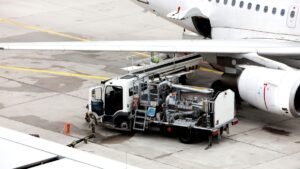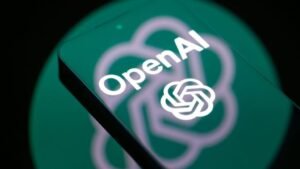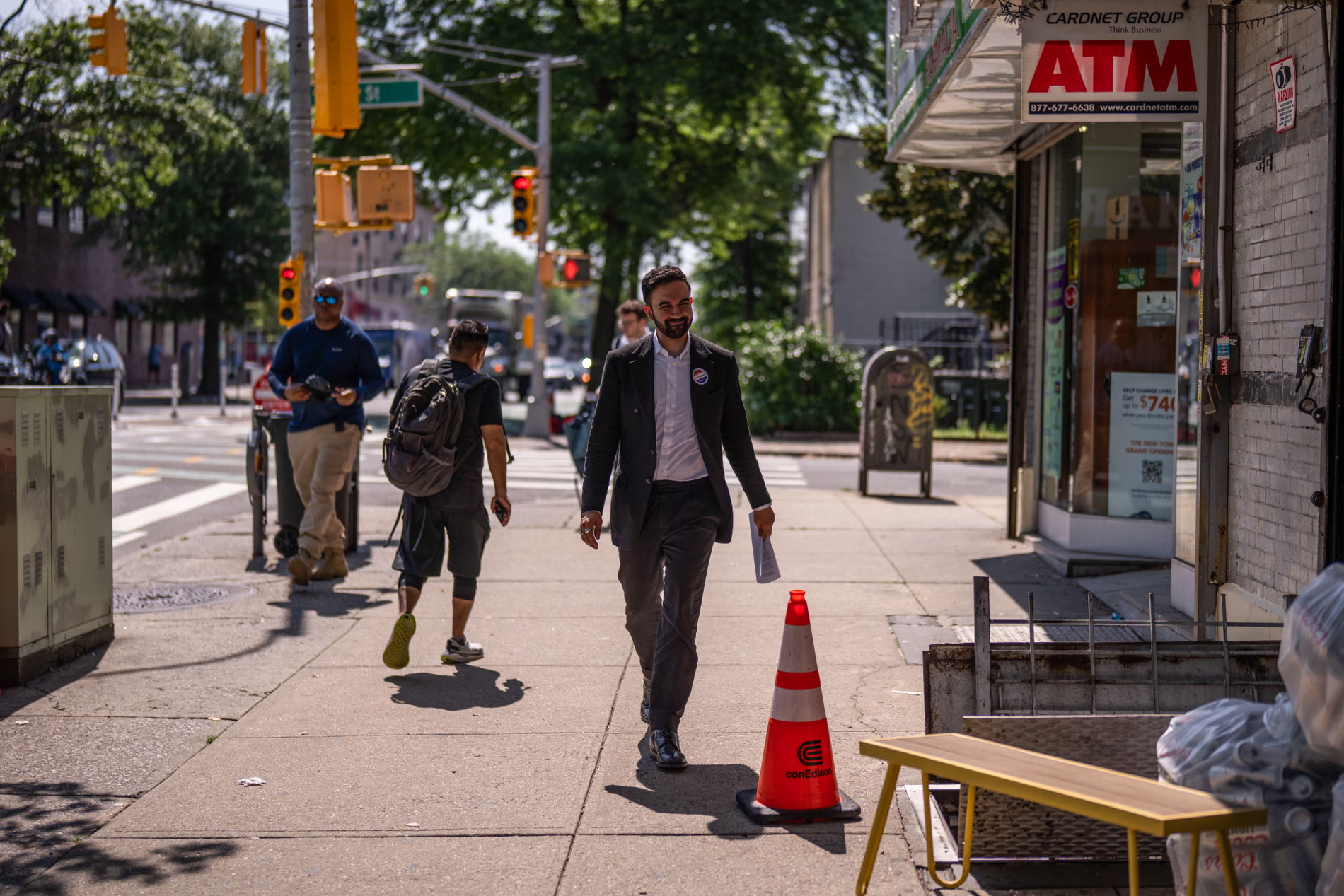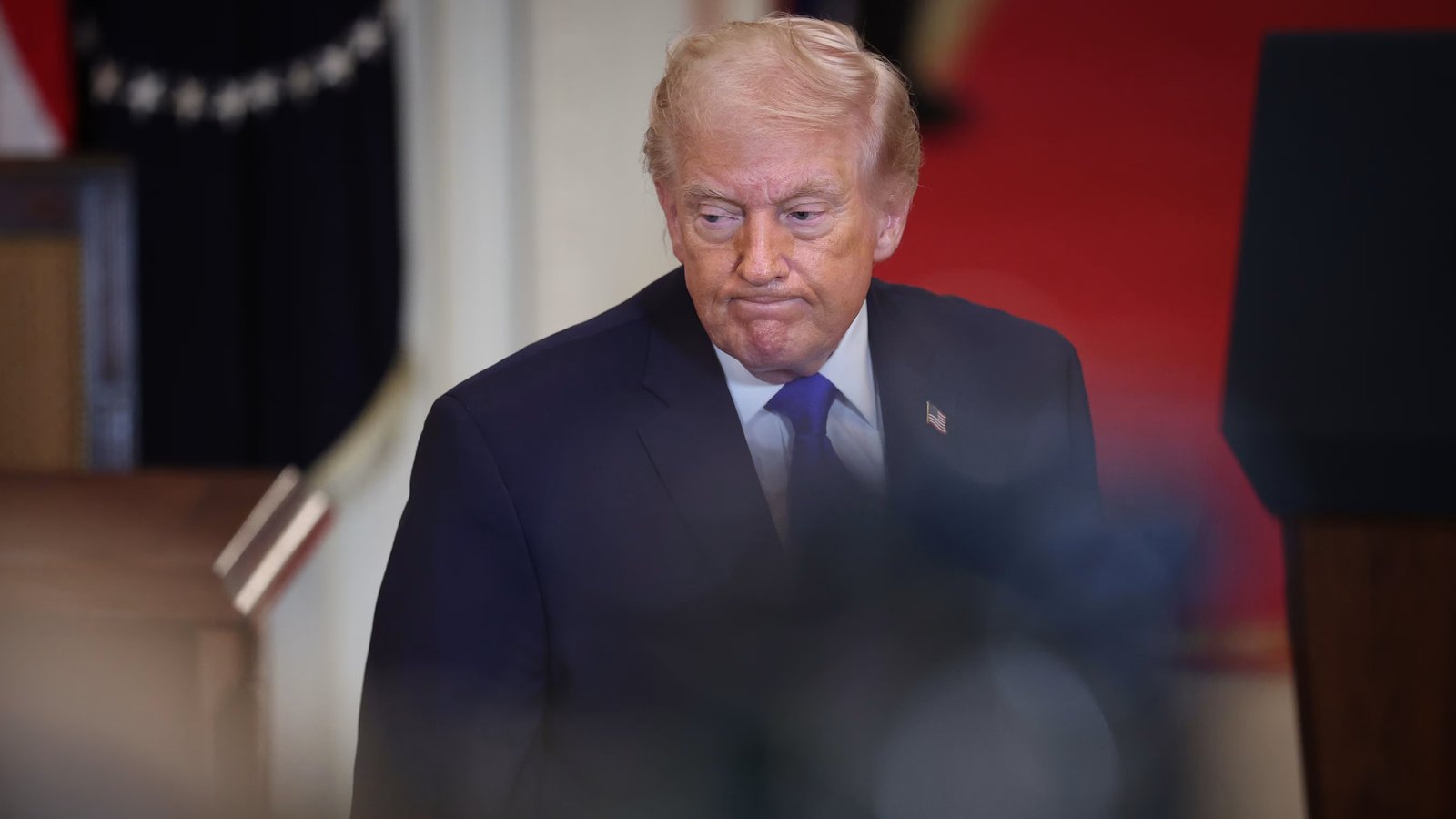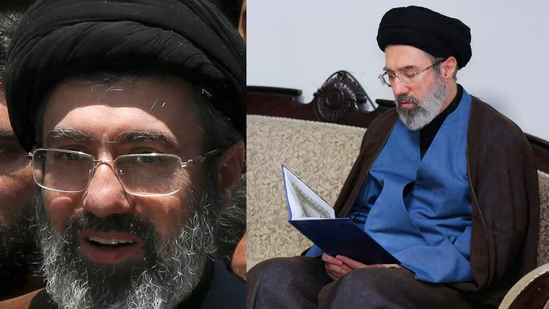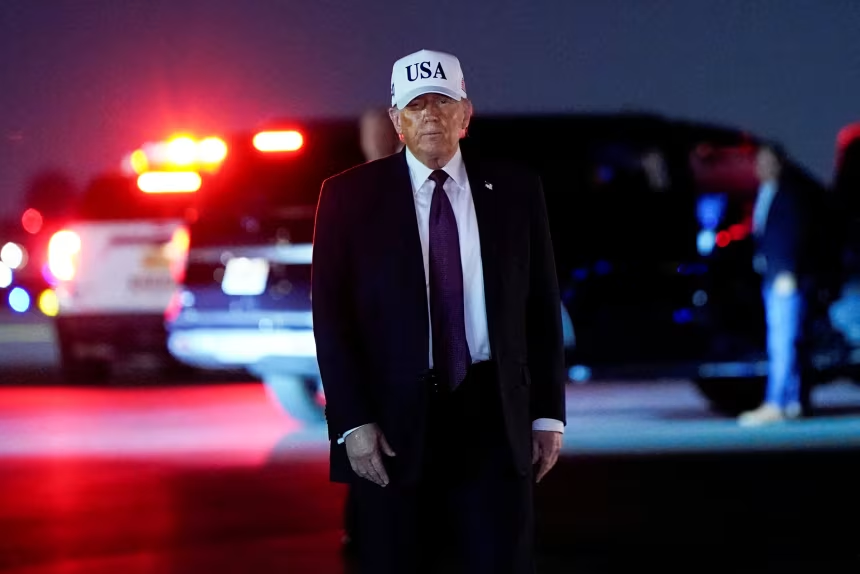Zohran Mamdani’s unexpected victory in New York City’s Democratic primary for mayor has sparked new conversations in Muslim and South Asian communities across the U.S. Many families who once pushed their children into careers like medicine or engineering are now considering politics as a possible path.
Mamdani’s rise is not only historic because he could become the city’s first Muslim and Asian American mayor. It also shows that the definition of American political leadership is changing. Born in Uganda to Indian parents, Mamdani moved to the U.S. at age seven and became a citizen in 2018. His identity, combined with a strong political platform, has inspired thousands.
A grassroots group called DRUM Beats supported Mamdani early in his campaign. They focus on working-class South Asian and Indo-Caribbean communities. Over 300 volunteers helped Mamdani reach thousands of voters by knocking on doors and speaking many local languages. Their efforts helped increase turnout by almost 90% in some neighborhoods.
Mamdani’s campaign gained momentum by focusing on issues such as affordable housing, immigrant protection, and opposition to U.S. military aid to Israel. His support among Muslim Americans grew rapidly, especially as he protested violence in Gaza and stood up for underrepresented voices.
Still, his rise has drawn attacks. Some politicians, including Republican Congressman Andy Ogles, made false claims linking him to terrorism. Former President Donald Trump questioned his citizenship. Homeland Security has already started reviewing his background.
Despite these attacks, Mamdani’s popularity has grown. He performed well even in districts that supported Trump in 2024. Many Muslim Americans feel that Mamdani represents their concerns—especially affordability and foreign policy. Political expert Nazita Lajevardi noted that Mamdani’s positions reflect broader Democratic values, especially among younger voters.
His views on Palestinian rights have been a topic of debate. Mamdani has introduced legislation aimed at stopping city funds from supporting Israeli settlements. He supports equal rights for all Israeli citizens but refuses to support limits on free speech. Critics and supporters alike have noticed his calm responses to controversy, especially when asked about calls to “globalize the intifada.” He explains that the term can also mean peaceful protest. The Palestinian Youth Movement called his win proof that being “anti-genocide” is no longer politically damaging in the U.S.
His campaign has deeply connected with many Muslims in New York. Asad Dandia, who helped connect Mamdani’s team with mosques and imams, said the key message was about economic issues. Mamdani’s campaign team visited more than 100 mosques. He personally visited around 25. Supporters say the values behind his campaign—justice, mercy, and community—resonate strongly with Muslim faith and tradition.
Mamdani also gained support from his work with New York taxi drivers, many of whom faced crushing debt under the city’s medallion program. In 2021, Mamdani joined drivers in a hunger strike and helped push for a debt relief plan. His actions won the support of many drivers, including Muslim Bangladeshi cabbie SK M Mobinul Hoque, who said he voted for Mamdani before even knowing his religion.
Even conservative Muslim voters have supported him, despite his clear support for LGBTQ+ and trans rights. Mamdani’s campaign also made cultural connections, using popular South Asian themes like Eid designs and Bollywood-style outreach to bring voters in.
Still, supporters say identity alone isn’t enough. Raza Gillani from DRUM Beats explained that real change needs a clear political vision. “Identity politics can’t win elections by itself,” he said. “You need ideas that speak to people’s needs.”
Mamdani’s campaign arrives at a time of deep fear among immigrants. Since 9/11, New York’s Muslim communities have faced police surveillance, FBI sting operations, and fear of deportation. Organizations like Malikah, which works in Mamdani’s district, report growing fear among immigrants. Many are afraid to use public transport or go to work because of increased immigration enforcement.
Gillani and others in DRUM Beats believe this election is a chance to build a new kind of politics—one based on protecting working-class communities. They are already preparing for the next election in November. At a recent meeting, Gillani reminded members that their power doesn’t stop with Mamdani’s win. “If you don’t keep your promises, we will hold you accountable,” he said. “Whether you’re Zohran or anyone else.”

